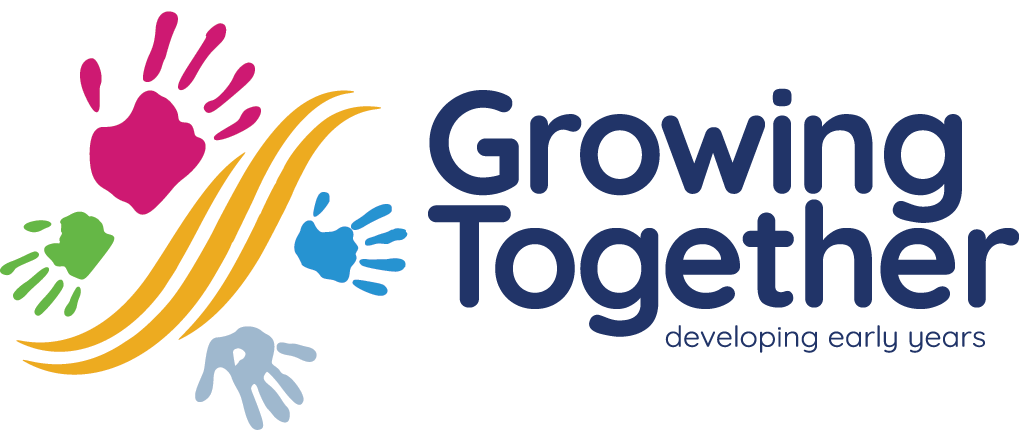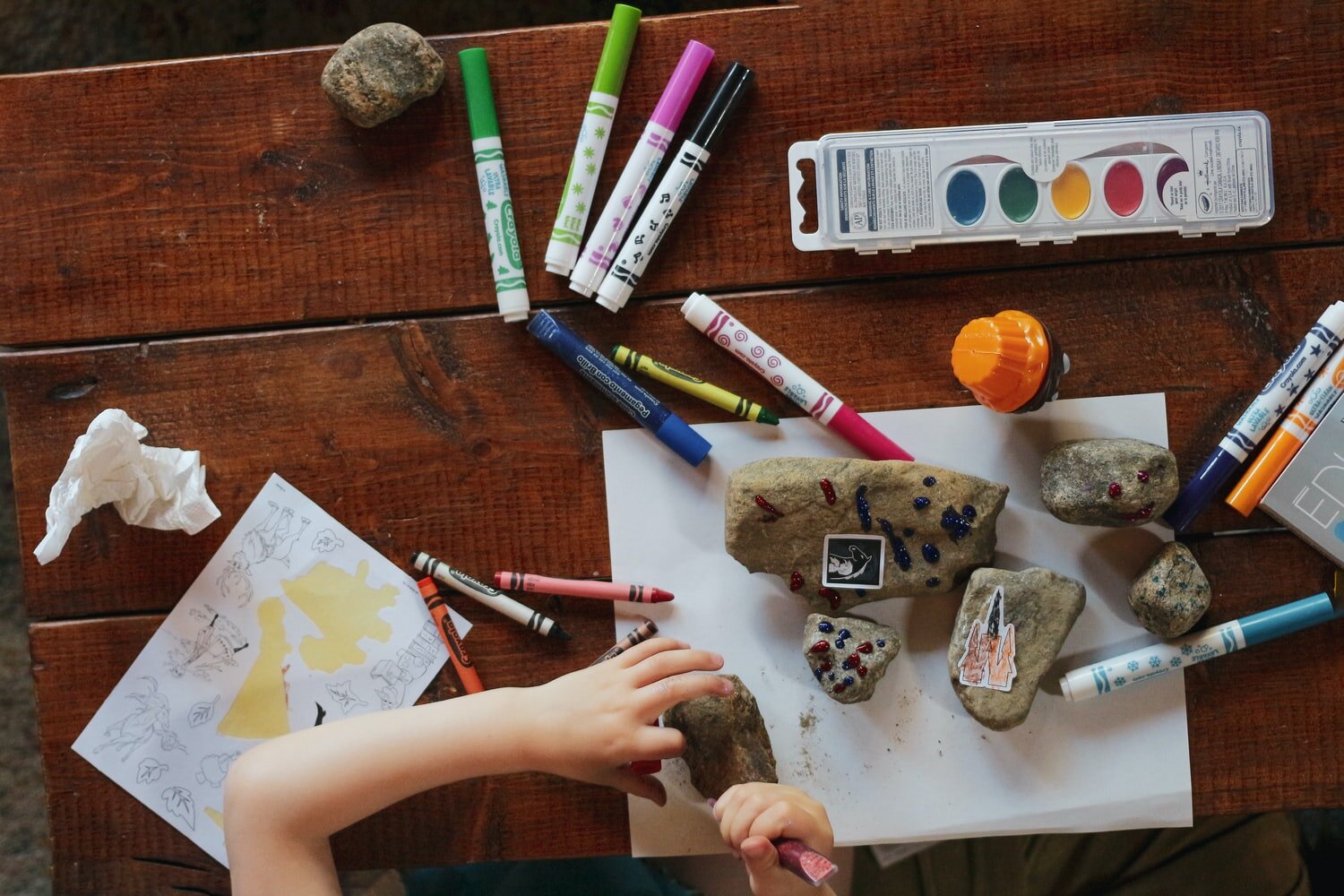World Nursery Rhyme Week: The Intent of Nursery Rhymes
10th -14th November 2025
World nursery rhyme week is here again. It is a fantastic opportunity to celebrate nursery rhymes in early years settings. To remember centuries worth of history, past from generation to generation that supports children’s learning and development. This blog posts explores the intent (why) behind singing nursery rhymes in early years settings with a particular focus on supporting speech, language and communication development, but also the question of quantity verses quality.
Why do we sing nursery rhymes?
Over the years research and our professional knowledge has shown many benefits to singing nursery rhymes with children. These are things such as:
Supporting young children’s communication and language development.
Increasing children’s vocabulary.
A strong link between nursery rhymes supporting communication and language development and early literacy development.
Helps children tune into rhythm and rhyme in nursery rhymes that is an important part of early phonics skills.
Research has shown that children who know 8 nursery rhymes by the age of 4 years old are some of the best readers by the age of 8 years old (Meme Fox, Reading Magic).
Can support all areas of cognition, for example, learning to recite numbers through number rhymes.
Can help build children’s self-confidence.
Supports attachments and emotional well-being in babies and young children as they bond with caregivers whilst singing rhymes together.
A pack of 7 carefully planned nursery rhyme group activities to support children’s learning and development. With clear instructions and outlines of what is needed to run each simple fun and engaging session. Each activity has a a bit of a twist on the way that you would normally sing the rhymes to make them fun and engaging for all.
The Impact of Speech Language and Communication Needs
Nursery rhymes are proven to support communication and language development, increasing children’s understanding of language and also their vocabulary. Now more then ever we are seeing children start early years settings with a speech and language delay. NHS England (2019) states that “18–31% of children aged 19–21 months living in disadvantaged communities have language delay that warrants referral for specialist assessment.”. Additionally, NHS England (2019) states that 50% of children starting school from a socially disadvantaged background start school with a language delay or a Speech Language and Communication Need (SLCN). Additionally, research published by Speech and Language UK (2023) suggests that 1 in 5 (20%) children struggle with talking and understanding words. This is 1.9 million children in the UK! And that 80% of teachers feel that children are behind in talking.
This shows now more then ever the importance of focusing on nursery rhymes in the early years to support children’s SLCN, as part of a language rich curriculum. As well as supporting all children and going above and beyond to narrow the gaps in our societal inequalities based on social economical status. We can additionally see the long term impact of children being delayed in speech and language development. For example, Speech and Language UK (2023) report states the following staggering statistics, that children who are being in talking and understanding are 6 times more likely to be behind in English at age 11, 11 times more likely to behind in maths and twice as likely to be unemployed as an adult.
Here is a recorded version of our webinar, ‘Before I Can Write’. For individuals or teams to watch together as part of your continuous professional development. There is the opportunity to pause for discussions or self-reflection within the webinar. This recording has been made for those that have wanted to attend a live event but have not been able to.
This webinar explores how we cannot simply force children to write, before they are ready to learn to write there are many skills that they need to develop. This includes their communication and language, physical skills and imagination. This webinar begins to introduce some of the skills children need before they can write.
Quality Verses Quantity
Meme Foxe, statement that children who know 8 nursery rhymes by the age of 4 years old are some of the best readers at the age of 8 is very encouraging when we think about how much children need to know in order to achieve. This is also highlights the point that it isn’t about quantity of singing rhymes, but actually the quality of the interaction with those rhymes and supporting children’s communication and language development through singing nursery rhymes.
This is reassuring for those of us that have ever felt the pressure, when we sing the same nursery rhymes over and over again in our setting; because they are the children’s favourites! But feeling like we have failed because we are singing again, baa baa black sheep or twinkle twinkle chocolate bar! Although as adults or practitioners we might feel exhausted or tired of the same old rhymes again, repetition is actually really important to young children’s learning and development. The more children repeat an action or activity the stronger the connections (synapses) in their brains come between that all important information.
We also know that when introducing new vocabulary to children with stories it is more beneficial for them to have the same story 3 times with the new vocabulary, then 3 different stories over the week with the same vocabulary. Children who have had the same story actually show a greater use and comprehension of the new vocabulary then their peers. (Raikes et al, 2006). I think that when we think about introducing nursery rhymes to children the same principle applies. It is much better to focus on one new rhyme at a time, then trying to learn the same vocabulary through many different rhymes. So be bold, don’t be scared of diving deep into those nursery rhymes. Don’t be afraid to sing the same one again, again and again.
An activity pack filled with ideas of supporting the nursery rhyme 5 little men in a flying saucer and STEM (Science, Technology, Engineering and Mathematics) in the early years. Created by a passionate early years teacher.
Blog post updated on 11/11/2025. Please do leave us a comment with your thoughts.




